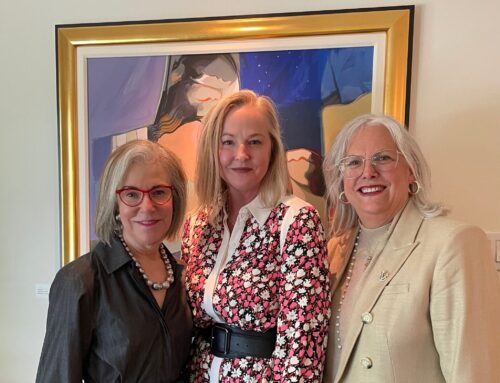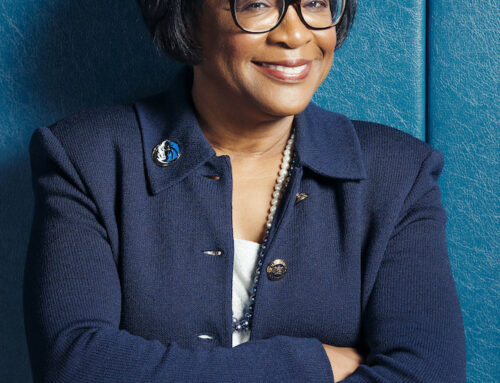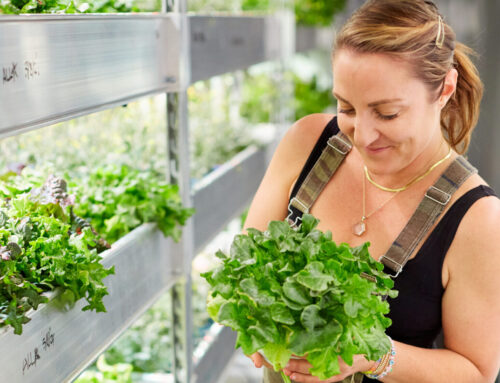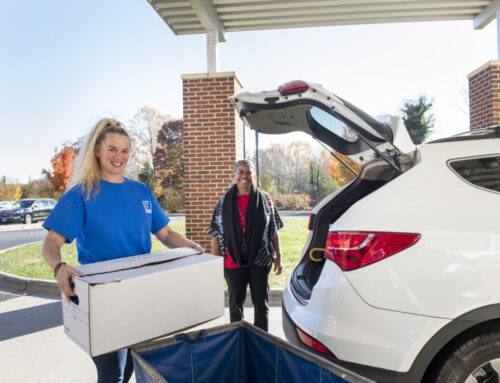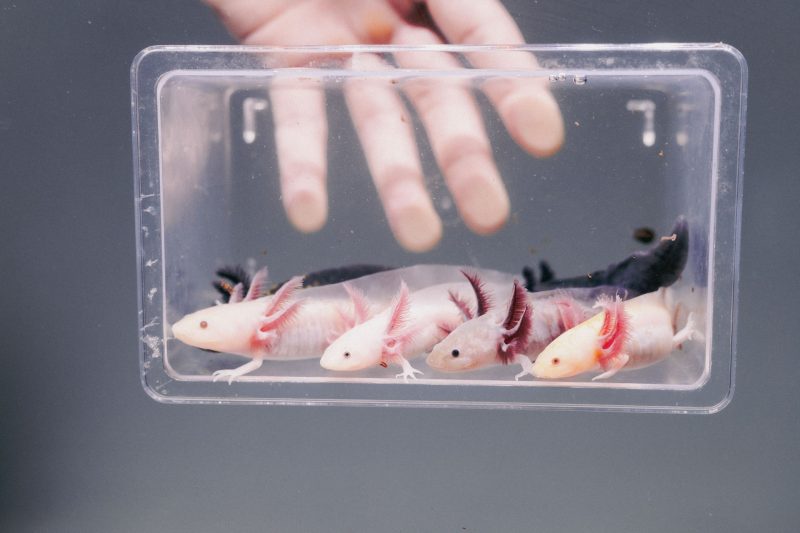
Photography by Jessica Turner.
A lifelong fan of animals, Jacob Pak started his career handling social media accounts and marketing for businesses in the aquarium industry. Now 22, he has kept aquariums for about 15 years.
In his work experience, he noticed that one animal, the axolotl, wasn’t a popular choice for a pet, but it often went viral on social media.
Naturally occurring in Lake Xochimilco and Lake Chalco in Mexico, axolotls are a type of salamander. Though they are critically endangered in the wild, they can be kept as pets in most states, including Texas.
“I was like, ‘Man, if someone made a business breeding and selling these animals, then it could be extremely profitable,’” he says.
Pak created an Instagram account to post about axolotls. In a year, the page gained 25,000 followers.
“That growth is pretty explosive for this small, unheard of niche,” he says.
About four years after he had the initial thought of breeding and selling axolotls, Pak and a business partner co-founded Axolotl Planet. The official launch in October 2020 followed months of research to determine how to safely ship the axolotls, handle the breeding operation and train new owners to care for the animals.
They started setting up tanks and keeping the axolotls at their store on Shorecrest Drive near Bachman Lake in early 2020, while most people were still staying at home.
Since Axolotl Planet launched, it has sold more than 1,000 axolotls to people in all states where having one of these animals is legal.
Like some other pets, axolotls can live 10-15 years. They come in many different colors, or “morphs,” including green, pink and gold. Some colors and patterns, like the mosaic morph, are rarer than others. But, to the surprise of many Minecraft players, axolotls are never blue.
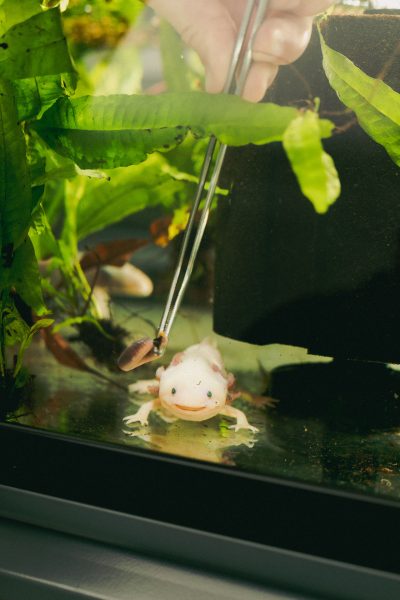
“Our target audience changed from 16-18-year-olds to 9- and 10-year-olds overnight. It was pretty ridiculous,” Pak says. “And now I get all these phone calls from parents who are like, ‘Do you have any blue axolotls for sale? My kid wants a blue axolotl, the rarest one.’ And I’m just sitting here like, ‘Blue axolotls don’t exist. Minecraft, they made those up, and they put them in the game.’”
The staff at Axolotl Planet keeps detailed records of the genetic history of the axolotls to ensure a diverse gene pool and healthy animals.
A female axolotl can produce up to 1,000 eggs, but the average is around several hundred. Pak says his business has seen a 99% survival rate of the animals. Only three had some minor defects that did not affect their quality of life, and all were sent to pet owners who agreed not to breed them.
Responsible breeders will euthanize any unhealthy axolotls, Pak says, to ensure they don’t generate offspring that are physically unfit. If Axolotl Planet ever has a surplus of animals with defects, they would donate them to medical researchers.
Axolotls can regenerate limbs and tissues, including parts of their brains. Pak says this could be beneficial to amputees and people with Alzheimer’s. Axolotls are also more resistant to cancer than people are.
About 90% of Axolotl Planet’s business comes from online sales. Customers can schedule appointments to visit the store, pick out an animal and learn how to take care of it.
“As soon as they walk in, their jaw just drops,” Pak says. “It’s one of the coolest things to witness, especially with these kids who absolutely adore axolotls. They think it’s the coolest thing ever. And then when they see this in person, they’re just mind-blown. I love seeing that joy in their faces because it’s something that’s just so precious.”
Part of the appeal of an axolotl, Pak says, lies in the fact that these animals are neotenic, meaning they keep juvenile characteristics into adulthood.
“Think of a human baby that never develops the characteristics of a mature human, but just keeps getting bigger and bigger and bigger,” Pak says. “That’s what an axolotl is.”


